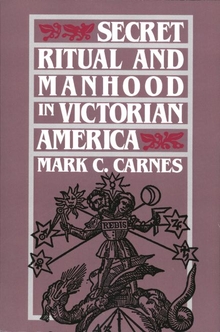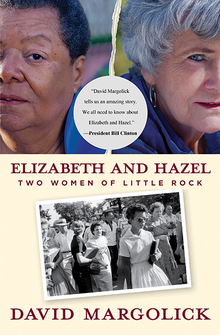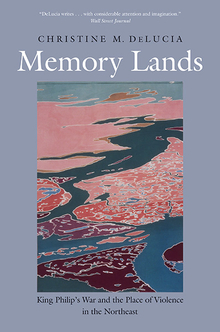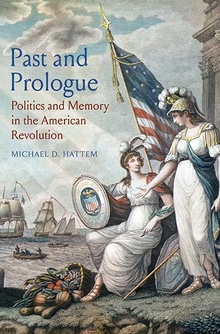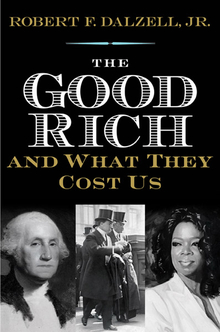Secret Ritual and Manhood in Victorian America
WARNING
You are viewing an older version of the Yalebooks website. Please visit out new website with more updated information and a better user experience: https://www.yalebooks.com
Mark C. Carnes
"The breadth and thoroughness of this book is impressive. Carnes draws on the literature of the time, religious history and theology, child rearing and developmental psychology, women's history and gender studies, and structural and cultural anthropology."—Rosamund Orde-Powlett, Literary Review
"A slender, modest, but provocative book. . . . Clearly written and well researched."—Burton Raffel, Journal of the History of the Behavioral Sciences
"[The book addresses] one of the least explored themes in the history of gender—the bonding of men in voluntary exclusive associations. . . . As an account of middle-class masculinity [Carnes’s] book is highly suggestive. The starting-point is simple, but novel. The rituals by which members were admitted and promoted took place so frequently and were so time-consuming that they must be regarded as the principal activity of fraternal organizations, instead of merely the means to other gratifications such as friendship or professional contacts. . . . The lodge was increasingly seen as a male enclave which offered a traditional counterweight to the female preserve of mainstream religion. . . . Carnes’s other main contribution is to explore the significance of the lodge as a patriarchal organization—a `family’ is which women had no place."—John Tosh, Gender & History
"Elegantly drawn and theoretically rich. . . . This well-written and suggestive work of cultural criticism is an important contribution to studies of ritual and gender in nineteenth-century America."—Louis P. Masur, American Historical Review
"Carnes’s discussion of the details of the rituals is fascinating. . . . His interpretive scope is wide-ranging, drawing from contemporary psychological theory to assess the function of ritual and from a diverse body of materials, including novels, to illustrate the wider salience of the themes in the rituals."—Daniel Scott Smith, Contemporary Sociology
"Carnes’s wonderfully accurate analysis is fleshed out with many interesting details about the fraternal movement."—J. William Gibson, American Quarterly
"An impressively researched and richly textured reconstruction of the private, emotional world of middle-class men who participated in the pervasive fraternal ritualism of nineteenth-century America."—Lynne Dumenil, Journal of Interdisciplinary History
"An imaginative fusion of social and intellectual history. . . . Carnes’s work shows the true depth of nineteenth-century male sexual anxiety and hostility toward women. In this compelling book, Carnes opens new approaches to the study of gender and helps us better understand the reorientation of American culture at the turn of the century." —Donald Yacovone, Journal of American History
"[An] informative, concise, and thoughtful monograph. . . . A thoughtful, well-written book that provides fascinating anecdotal material."—James N. Giglio, The Historian
"[An] original and compelling study. . . . Making use of anthropology as well as social history, Carnes is probably the first outsider to take these rituals seriously. . . . Playing the role of a graceful, controlling . . . guide into these mysteries, Carnes slowly unveils his thesis, which itself has several layers of mystery."—David Leverentz, New England Quarterly
"An unusually ingenious and exciting piece of work that will interest a wide spectrum of social and cultural historians."—John Demos, Yale University
"This study of the history of secret societies, i.e., men’s lodges, is a fascinating current topic. . . . Carnes’ study makes a significant contribution to the fields of social, religious, women’s and community history and to an understanding of the nineteenth-century U. S. . . . A fascinating study for those interested in nineteenth-century U. S. history."—American Library Book Review
"Carnes’s knowledge of fraternal orders and rituals is profound, and he insightfully examines their multilayered and enormously complex nature from a variety of perspectives, including gender, psychology, history, anthropology, and religion. . . . This book offers a thought-provoking and exciting challenge to American historians concerned with issues of society, culture, and gender."—Nancy C. Unger, History: Reviews of New Books
"This is an important monograph in the field of men’s history. . . . This is ambitious conceptualization—the book is a refreshingly bold statement. . . . I find most of its conclusions accurate."—Peter N. Stearns, Journal of Ritual Studies
"If you have any interest in comparative ritualism or the evolution of ceremonies, Secret Ritual and Manhood in Victorian America is the book for you. . . . [Carnes’] writing style, the fictional scenes beginning each chapter, and the lengthy list of sources for fraternal rituals are all of real merit. Reading this book will give the reader a much better understanding of the evolution of the unique social form of American fraternal organizations."—S. Brent Morris, The Scottish Rite Journal
"Carnes has examined the appeal of 'secret organizations' and their initiation rituals to Victorian men and has discovered some very interesting things about the role they played in Victorian society. . . . The book is a unique and important addition to collections on American social and cultural history."—Library Journal
"The breadth and thoroughness of this book is impressive. Carnes draws on the literature of the time, religious history and theology, child rearing and developmental psychology, women's history and gender studies, and structural and cultural anthropology."—Rosamund Orde-Powlett, Literary Review
Publication Date: July 24, 1991

